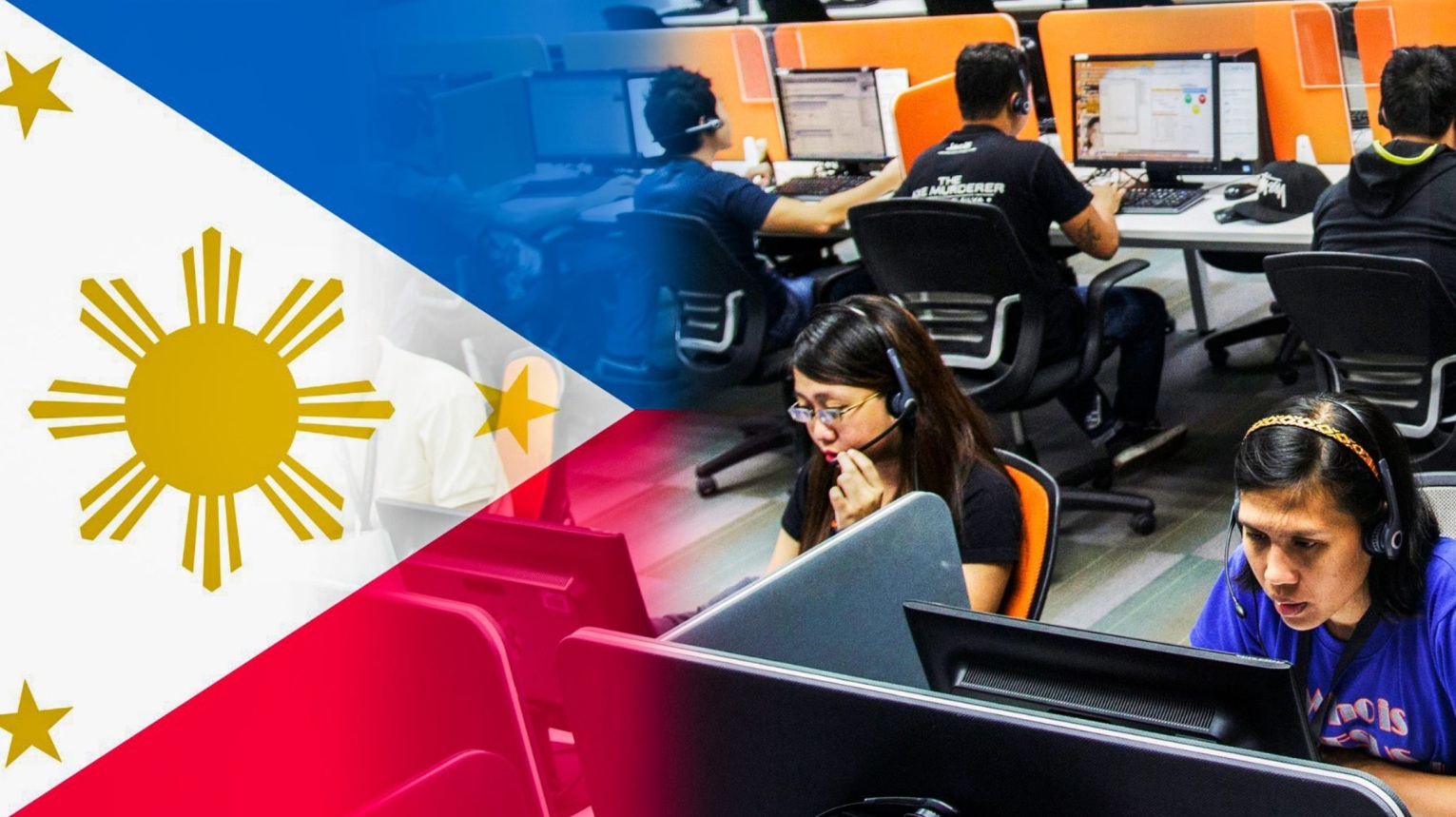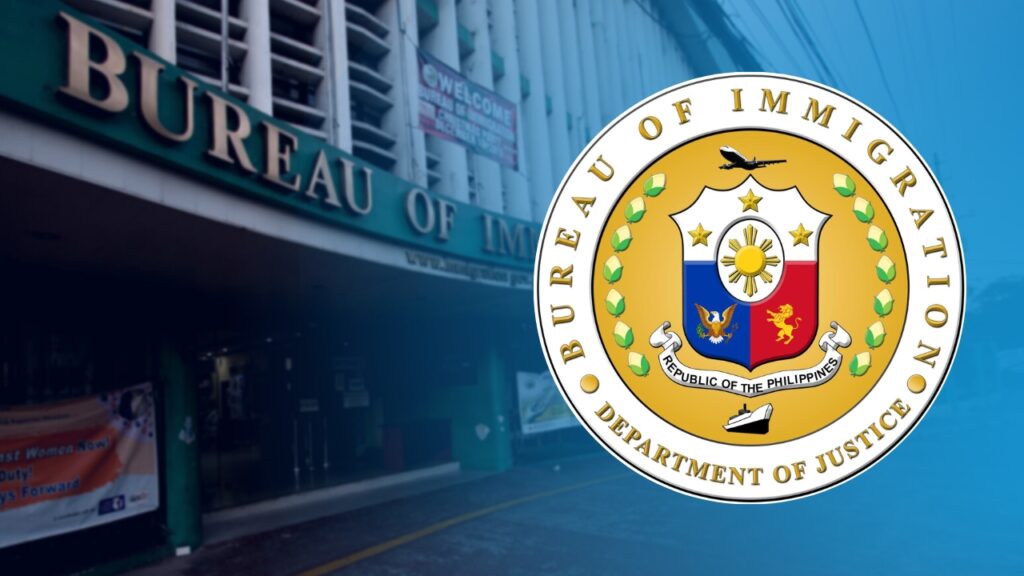In an increasingly globalized economy, companies are reevaluating their workforce strategies to stay competitive, with offshore hiring emerging as a pivotal solution for accessing skilled talent at reduced costs. As businesses in sectors ranging from technology to finance grapple with talent shortages and rising operational expenses, many are shifting away from rigid traditional business process outsourcing (BPO) models toward more agile, transparent hiring practices. This transition is particularly pronounced in the Philippines, a hub for global workforce solutions, where offshore staffing allows firms to build remote teams efficiently while maintaining control over operations. Transparent hiring models emphasize ethical outsourcing, clear communication, and direct involvement in talent selection, contrasting with the opaque structures of conventional BPOs that often lead to inefficiencies and hidden costs. By adopting remote talent sourcing and cross-border hiring, organizations can achieve scalable workforce models that align with modern demands for flexibility and innovation. This article explores the reasons behind this shift, delving into the requirements, processes, and future trends in offshore recruitment, highlighting how such strategies offer cost-effective hiring solutions and superior outcomes for businesses seeking international hiring practices.
The Evolution of Offshore Hiring in the Philippines
The landscape of offshore hiring has undergone a significant transformation over the past decade, driven by technological advancements and changing business needs. In the Philippines, renowned for its educated workforce and strong English proficiency, offshore staffing has evolved from basic call center operations to sophisticated global workforce solutions. This shift reflects a broader move toward remote talent sourcing, where companies prioritize direct access to talent rather than intermediary services. As economic pressures mount, firms increasingly turn to virtual staffing solutions, allowing seamless integration of international teams.
- Historical Context: Offshore hiring in the Philippines began gaining traction in the early 2000s with the boom in BPO services, focusing on cost arbitrage. However, as global markets matured, businesses sought more than low-wage labor; they demanded skilled professionals in IT, finance, and creative services. This evolution has led to a surge in talent outsourcing, enabling companies to hire offshore employees with specialized expertise without the constraints of traditional models.
- Technological Enablers: Advances in cloud computing, video conferencing, and collaboration tools have facilitated cross-border hiring, making it easier to manage remote teams. In the Philippines, high internet penetration and a tech-savvy population have positioned the country as a leader in offshore HR services, allowing for real-time oversight and integration.
- Economic Drivers: Rising labor costs in Western markets and talent shortages have propelled the adoption of offshoring vs outsourcing debates. Transparent models offer cost-effective hiring solutions, reducing overhead by up to 70 percent while maintaining quality, as evidenced by the growth of ethical outsourcing practices emphasizing fair wages and employee well-being.
- Cultural Alignment: The Philippine workforce’s adaptability and cultural compatibility with Western businesses have fueled this evolution. Companies now focus on building remote teams that align with corporate values, moving beyond transactional outsourcing to strategic partnerships in scalable workforce models.
This progression underscores the need for innovative approaches in international hiring practices, setting the stage for a more dynamic future in offshore recruitment.
Drawbacks of Traditional BPO Models
Traditional BPO models, once hailed for their cost efficiencies, are increasingly viewed as outdated in today’s fast-paced business environment. These models often involve outsourcing entire processes to third-party providers, leading to a loss of control and potential misalignment with company goals. In offshore hiring, particularly in the Philippines, companies recognize the limitations that hinder agility and innovation, prompting a reevaluation of outsourcing alternatives.
- Inflexible Contracts: Traditional BPOs typically lock companies into long-term agreements with rigid terms, making it difficult to adapt to changing needs. This lack of flexibility can result in prolonged negotiations for modifications, delaying responses to market shifts, and increasing opportunity costs.
- High Attrition Rates: Employee turnover in BPOs remains a persistent issue, often exceeding 20 percent annually due to repetitive tasks and limited growth opportunities. This leads to constant retraining expenses and disruptions in service continuity, eroding the initial cost savings.
- Security and Data Risks: Outsourcing sensitive operations exposes companies to data breaches and compliance vulnerabilities. With valuable customer information handled by external parties, the risk of leaks or non-compliance with regulations like GDPR can result in costly penalties and reputational damage.
- Hidden Fees and Overhead: While marketed as economical, BPOs frequently include undisclosed charges for customization, training, or premium services. These accumulate over time, diminishing the value of nearshore hiring or offshore recruitment processes.
- Communication Challenges: Cultural and language barriers, though mitigated in the Philippines, can still arise in traditional setups, leading to misunderstandings and reduced efficiency. This contrasts with more direct remote hiring strategies that foster better alignment.
These drawbacks highlight why businesses explore transparent hiring models as viable alternatives, seeking greater control and sustainability in their global workforce solutions.
Advantages of Transparent Hiring Models
Transparent hiring models represent a paradigm shift in offshore staffing, offering clarity and direct involvement that traditional BPOs often lack. By emphasizing open communication, ethical practices, and customized solutions, these models enable companies to build remote teams with greater confidence. In the Philippines, where talent outsourcing thrives, transparent approaches provide cost-effective hiring solutions while ensuring alignment with business objectives.
- Enhanced Control and Visibility: Unlike opaque BPO structures, transparent models allow companies to oversee the entire offshore recruitment process, from candidate selection to performance management. This direct involvement ensures hired talent matches specific needs, fostering better integration into existing teams.
- Cost Predictability: With flat pricing and no hidden fees, businesses can budget accurately for offshore HR services. Studies indicate savings of up to 60 percent compared to domestic hiring, making it an attractive option for scalable workforce models.
- Improved Candidate Experience: Transparency in job descriptions, salary ranges, and hiring timelines attracts higher-quality talent. In the Philippines, this leads to faster onboarding and higher retention rates, as employees feel valued and informed from the outset.
- Ethical and Compliant Practices: These models prioritize fair labor standards and compliance with local laws, reducing risks associated with ethical outsourcing. Companies benefit from virtual staffing solutions that promote diversity and inclusion in international hiring practices.
- Agility in Scaling: Transparent hiring facilitates quick adjustments to team size, supporting remote hiring strategies that respond to market demands. This flexibility is essential for rapidly changing industries, positioning firms for long-term success in global workforce solutions.
These advantages make transparent models a superior choice for modern businesses navigating offshoring vs outsourcing decisions.
Requirements for Successful Offshore Hiring
Successful offshore hiring demands careful preparation to ensure compliance, cultural fit, and operational efficiency. In the Philippines, where remote talent sourcing is popular, meeting specific requirements is essential to avoid legal pitfalls and maximize benefits. These prerequisites form the foundation for building remote teams through ethical outsourcing and cost-effective hiring solutions.
- Legal and Regulatory Compliance: Companies must navigate Philippine labor laws, including obtaining permits like Alien Employment Permits for foreign involvement. Partnering with an Employer of Record (EOR) service simplifies this, handling tax identification numbers (TIN), Social Security System (SSS) registrations, and PhilHealth contributions to ensure complete adherence.
- Precise Job Specifications: Defining roles with detailed technical and cultural requirements is essential. This includes outlining skills, experience levels, and soft attributes to align with company values, facilitate effective talent outsourcing, and reduce mismatch risks.
- Budget and Financial Planning: A realistic budget covers salaries, benefits, and overhead. In the Philippines, competitive wages range from $800 to $2,500 monthly for skilled roles, but additional costs for training and equipment must be factored in for scalable workforce models.
- Technology Infrastructure: Reliable tools for communication and collaboration, such as video platforms and project management software, are required to support cross-border hiring. Ensuring high-speed internet and data security measures protects sensitive information.
- Cultural Training Programs: Implementing orientation sessions to bridge cultural gaps enhances team cohesion. This requirement underscores the importance of virtual staffing solutions that promote mutual understanding and productivity.
Meeting these requirements paves the way for seamless international hiring practices, transforming potential challenges into opportunities for growth.
The Intricate Process of Offshore Hiring
Offshore hiring is a multifaceted endeavor that requires meticulous planning and execution, often overwhelming for individuals or small teams without specialized support. In the Philippines, this involves navigating a web of legal, administrative, and logistical steps to secure top talent through remote hiring strategies. Given its complexity, many companies turn to trusted providers like Out Task to streamline operations and mitigate risks associated with global workforce solutions.
- Initial Planning and Needs Assessment: Conduct a thorough job analysis, identify required skills, and set budgets. This step alone demands market research on Philippine talent pools, salary benchmarks, and cultural fits, which can take weeks of data gathering and analysis.
- Legal Entity Setup or EOR Partnership: Decide whether to establish a local entity, involving registration with the Securities and Exchange Commission (SEC), Bureau of Internal Revenue (BIR), and other agencies, or use an EOR like OutTask. The former entails extensive paperwork, permits, and compliance checks, making it labor-intensive and prone to errors.
- Recruitment and Sourcing: Post job listings on multiple platforms, screen hundreds of applications, and conduct initial vetting. This includes background checks, skill assessments, and reference verifications, often requiring specialized tools and expertise to ensure quality in offshore recruitment processes.
- Interviewing and Selection: Schedule multi-stage interviews across time zones, evaluating candidates’ technical abilities and soft skills. Coordinating logistics, managing biases, and negotiating offers add complexity, especially in nearshore hiring scenarios.
- Onboarding and Compliance: Prepare employment contracts, handle mandatory benefits like SSS and Pag-IBIG, and facilitate training. Ongoing HR tasks, payroll processing, and performance monitoring further complicate matters, highlighting why the process is too much work for a person to handle alone.
The sheer intricacy of these steps emphasizes the importance of seeking Out Task’s help. This trusted provider simplifies transparent hiring models, offering end-to-end support from consultation to team management, ensuring efficiency and compliance without burdening internal resources.
Future Trends in Offshore Recruitment
As the global economy evolves, offshore recruitment is poised for transformative changes driven by technology and shifting priorities. In the Philippines, trends point toward more integrated, AI-enhanced processes that enhance transparent hiring models and ethical outsourcing. These developments promise to redefine how companies engage in talent outsourcing and build remote teams.
- AI Integration in Recruitment: Artificial intelligence will streamline candidate matching, predictive analytics for retention, and automated screening, reducing time-to-hire by up to 50 percent. This trend supports scalable workforce models by identifying top talent efficiently.
- Hybrid and Flexible Models: Blending onshore and offshore elements, hybrid approaches will gain traction, offering agility in cross-border hiring. Companies will favor virtual staffing solutions that allow seamless transitions between remote and in-office work.
- Focus on Skills-Based Hiring: Moving away from degrees, emphasis on practical skills and certifications will dominate international hiring practices, broadening access to diverse talent pools.
- Sustainability and Ethical Practices: Future offshore recruitment will prioritize green initiatives and fair labor, aligning with corporate social responsibility in global workforce solutions.
- Enhanced Data Security: With rising cyber threats, advanced protocols will become standard, ensuring safe remote talent sourcing and building trust in offshore HR services.
These trends signal a vibrant future for offshore hiring, where innovation drives efficiency and inclusivity.
Key Takeaways
The shift from traditional BPOs to transparent hiring models in offshore hiring represents a strategic imperative for companies aiming to thrive in a competitive global landscape. By addressing the drawbacks of rigid outsourcing and embracing the advantages of direct, ethical approaches, businesses can achieve significant cost savings, enhanced control, and access to high-caliber talent, particularly from the Philippines. The requirements and processes, though demanding, underscore the value of structured planning in realizing scalable workforce models. As future trends like AI and hybrid structures reshape, organizations that adapt will position themselves for sustained growth. Ultimately, this evolution in remote talent sourcing and cross-border hiring optimizes operations and fosters innovation and resilience in an interconnected world.
Is Assistance Available?
Yes, OutTask can help by providing expert guidance and streamlined services as a trusted provider in the Philippines, ensuring a seamless transition to transparent hiring models. Reach out today to schedule an initial consultation with one of our experts.
- Contact Us Here
- Fill Out the Form Below
- Send an email to: info@outtask.ph



